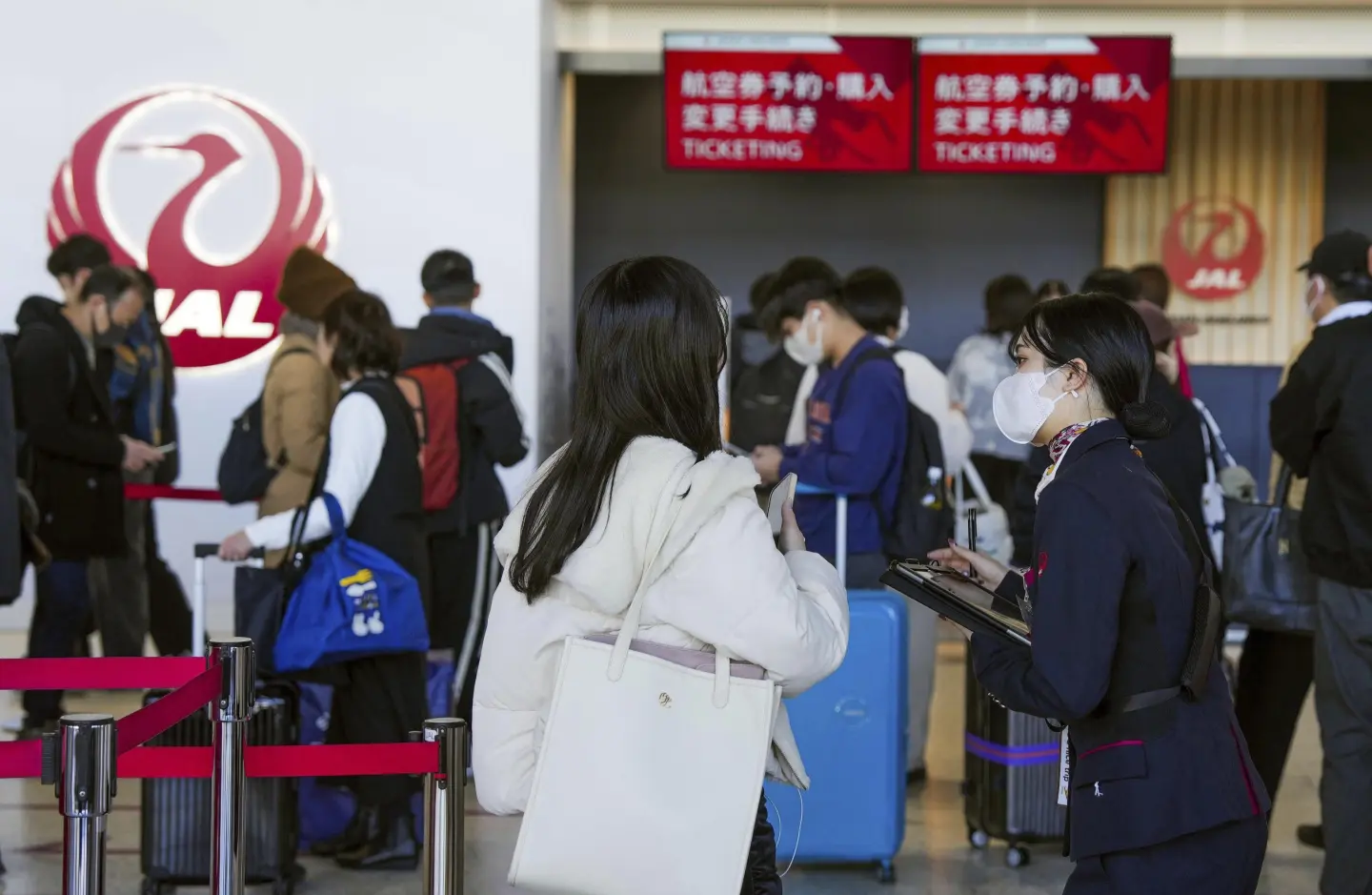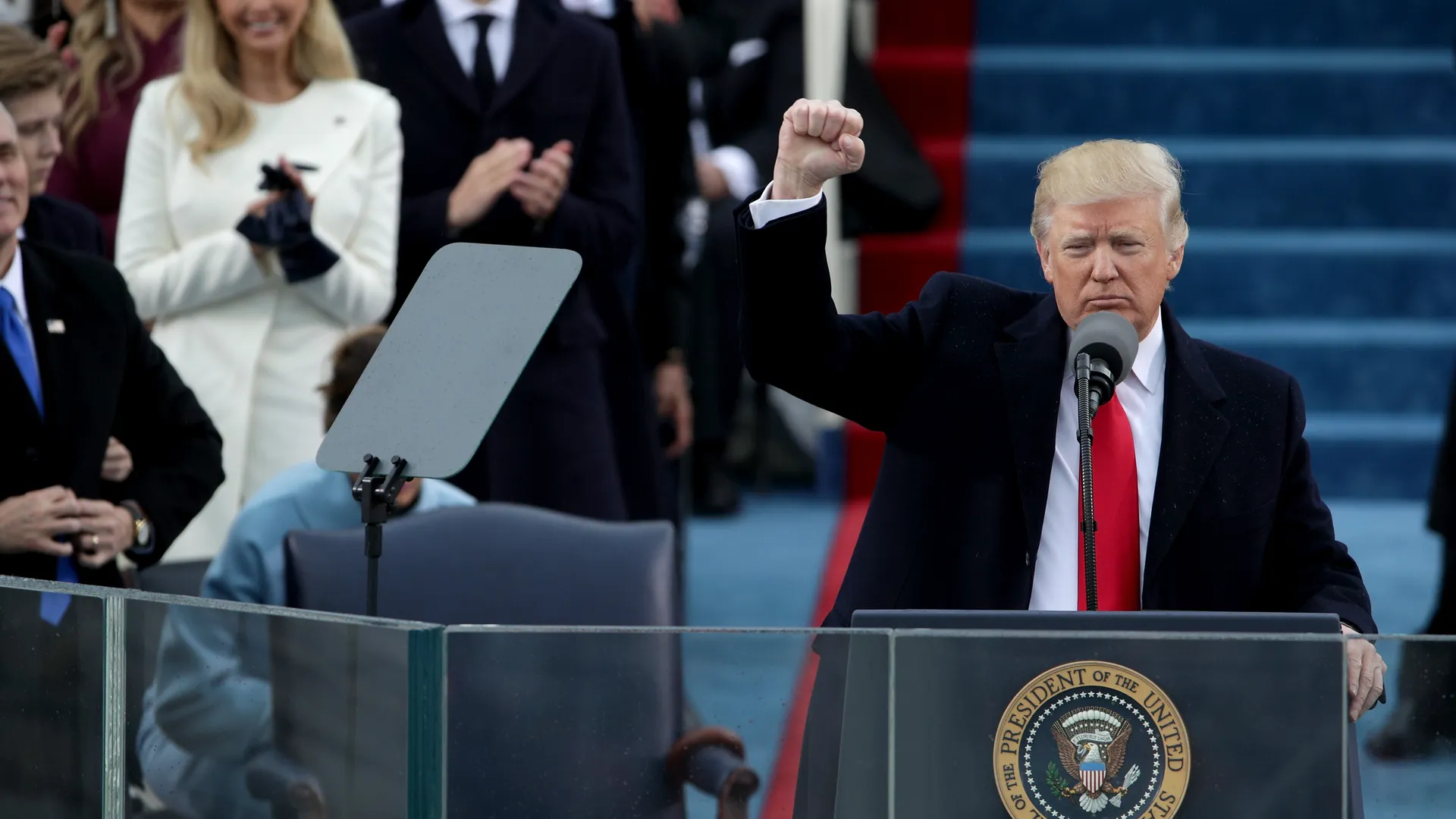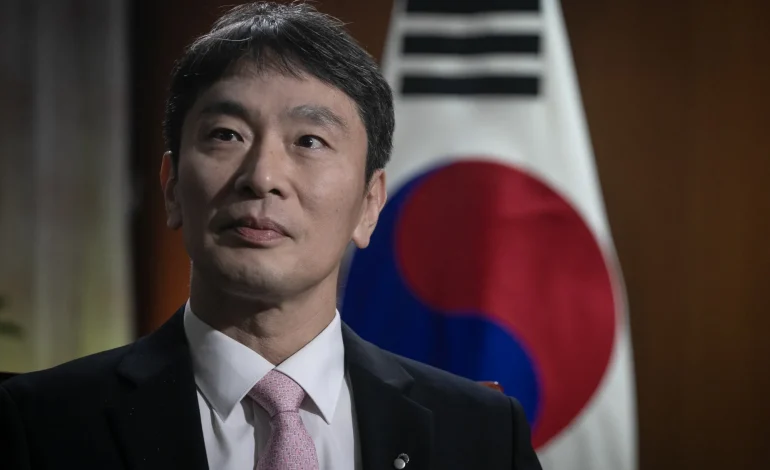South Korea’s ongoing efforts to improve corporate governance and boost shareholder returns are expected to withstand the current political turmoil, Bloomberg reports, citing the Financial Supervisory Service (FSS) governor, Lee Bokhyun.
In an exclusive interview with Bloomberg, Lee emphasized the bipartisan support for the “Value-Up” program, suggesting its continuation regardless of the outcome of the ongoing impeachment bid against President Yoon Suk Yeol.
“Everyone is supporting this program regardless of their political orientation,” Lee said, adding that the initiative’s momentum would likely persist through potential power changes or political instability.
Lee’s comments come at a critical juncture for South Korea’s financial markets. President Yoon’s controversial declaration of martial law, subsequently retracted, and the opposition’s impeachment efforts have sparked concerns about potential political gridlock and its impact on the government’s capital market reforms. While immediate major shocks to equities and the won have been averted due to government pledges of unlimited liquidity and a ₩10 trillion ($7 billion) stock stabilization fund, global investors have expressed concerns about damage to the country’s reputation.
Lee confirmed the existence of contingency plans to address further market volatility, though details were not disclosed. He noted that the stock stabilization fund has yet to be deployed, as the market reactions thus far have been “bearable.” However, further volatility is anticipated next week, with a parliamentary vote on President Yoon’s impeachment scheduled for Saturday. The situation was further complicated by Friday’s unexpected call from Han Dong-hoon, head of Yoon’s ruling party, for the president’s swift suspension from office. Lee indicated that economic and finance chiefs would convene immediately following the conclusion of the political process.
The FSS governor also addressed other pressing issues, including the ongoing proxy battle at Korea Zinc Co., and the opposition’s proposed revisions to the Commercial Act. Regarding Korea Zinc, Lee suggested that MBK Partners’ success in the proxy fight hinges on persuading both the industry and investors of its ability to maintain the company’s strategic importance to South Korea’s manufacturing ecosystem. On the Commercial Act revision, Lee expressed support but highlighted technical issues, proposing instead a revision to the Capital Markets Act as a more effective approach.









